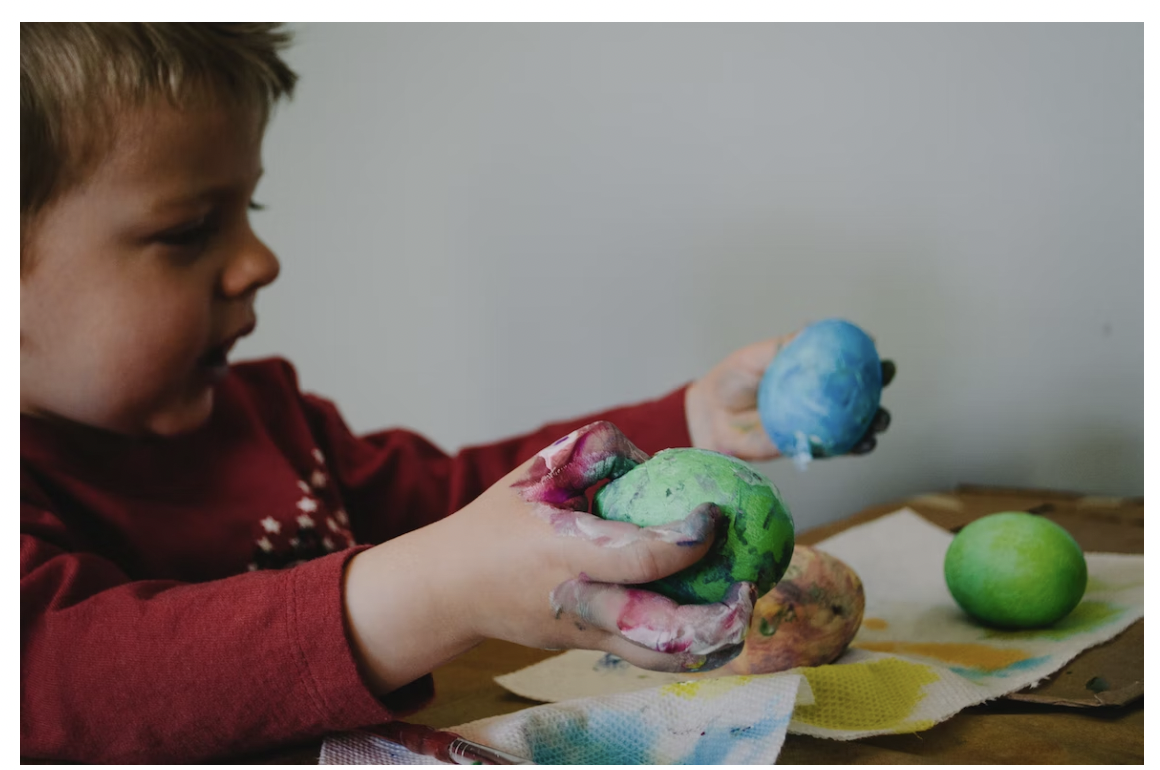This Will Help Your Kids Learn About The Solar System | Woombie

How much do your kids know about the solar system? If they're like most kids, they probably know a little bit about the sun, moon, and planets. But there's so much more to learn! Here are 10 fun facts about the solar system that will help your kids learn more about our corner of the universe.
Consider video lessons about the solar system
Many online educational sites have virtual field trips and informative video lessons that can help your kids understand the basics of space science. Namely, these solar system video lessons for kids cover topics such as the formations of planets, asteroids, meteors, and comets. The kids can see what the planets look like, as well as gain a better understanding of why certain stars twinkle at night. This is a great way to bring the solar system to life for your kids and help them learn more about this fascinating universe we live in!
Talk about the planets in our solar system. Discussing each planet, its size, orbit around the sun and other interesting facts is a great way to help your kids learn about the solar system.
Also, show them photographs and images of the planets. There are several online platforms that provide stunning visuals of our corner of the universe to help your kids really understand each planet in depth. When possible, encourage your kids to view the planets through a telescope and admire their beauty.
Buy an atlas
As an aspiring writer and itinerant book enthusiast, I can honestly say that nothing beats the experience of poring over a page-turning atlas. Yes, you can get a lot of great information on the internet, type up your desired destination into Google Maps to get exact coordinates, or use your handy smartphone's ability to pinpoint your current location - but there's something about flipping through its crisp pages, observing the lines denoting boundaries between countries and marveling at complex geographical formations delineated in amazing detail that fires up my imaginative juices. It harkens back to a time before digital technology when explorers would trek far distances across difficult terrains armed with nothing more than their newly acquired knowledge gleaned from their meticulously detailed maps; these objects were to them an anchor of hope as they always promised passage to somewhere else, away from home.
Make crafts about the solar system with your kids

Crafts can be a wonderful way to help your kids learn about the solar system. With some supplies from your local craft store and a little bit of imagination, handcrafting items like paper mache planets, styrofoam moons, or puffy star clouds can all help bring the wonders of the night sky down to Earth. Not only will these crafts look great on a bulletin board in your child's room, but they'll also give you an opportunity to talk about each planet's unique features. Crafting is a fantastic chance for parents to get creative alongside their children - it's an enjoyable experience for the entire family!
For example, you could make a 3-D model of the solar system with styrofoam balls, markers, and glue. Or, for a simpler project, you could have your kids draw each planet on their own sheets of construction paper and add details like craters or swirling gas clouds. No matter what type of craft you decide to do, it's sure to be a fun and educational experience for the whole family.
Buy books on the solar system
Books on the solar system are another great way to help your kids learn more about our universe. From basic picture books containing simple facts and illustrations to more in-depth texts filled with detailed information, there's something for every age group. Plus, reading together is a perfect bonding activity for parents and children alike!
Whether you're looking to introduce your toddler to the wonders of the night sky or teach your pre-teen about the intricacies of astronomy, you'll find the perfect book for your family's needs. Some of my favorites include "The Planets" by Gail Gibbons, which is a great introduction to outer space; "Starlight: The Incredible Story of the Sun and Its Family" by John Kaufman, which is a beautifully illustrated look at the sun and its planets; and "Exploring Our Solar System" by Elizabeth Carney, which offers up-to-date facts about our universe. And that's just to name a few! So grab a book (or two!) on the solar system and start exploring!
Go outside and observe the night sky

One of the best ways to get acquainted with the solar system is to go outside and observe it firsthand. If you're lucky enough to live in an area with clear, starry nights (or even if you don't!), grabbing a telescope or just using your naked eyes can be a fun and educational experience for everyone in the family.
Before you head outside, it's a good idea to brush up on some basic astronomy. Knowing which constellations are visible at certain times of the year, and looking up information about planets or other points of interest ahead of time, will help make your viewing experience more enjoyable. Stepping outside and marveling at the magnificence of the night sky will allow you to truly appreciate your place in this vast, expansive universe.
If your kids are particularly interested in astronomy, consider purchasing a telescope and taking regular trips outside to observe different celestial objects on a monthly or even weekly basis. Pointing out constellations and giving your kids the opportunity to explore space with their own eyes can be an incredibly rewarding experience.
Learning more about the sun and our solar system is a great way to discover new things that would otherwise be unknown to us. From the structure of the planets to the incredible phenomena caused by asteroids, comets, and meteoroids that can enter our atmosphere, there is so much to learn and explore. We are extremely fortunate to live in a world where we can look up at night and pick out thousands of stars, among them being the star of all stars: our very own sun. So much beauty exists in this grand universe that surrounds us; let us take time out of each day to marvel at it.






